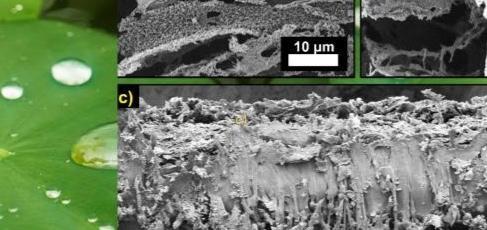
Owned Dogs Kill and Disturb Multiple Species, Their Environmental Impact Concerning: Study
As the world grapples with the urgent need to mitigate the effects of climate change and biodiversity loss, a recent study has shed light on a concerning aspect of human impact on the environment: the environmental footprint of owned dogs. The study, conducted by Curtin University, reveals that the sheer number of dogs and their associated industries are having a significant and often insidious impact on the environment, far greater than is generally recognized.
The study, published in the journal Conservation Biology, found that owned dogs are implicated in the direct killing and disturbance of multiple species, particularly shore birds. This is a significant concern, as many shore bird species are already threatened or endangered due to habitat destruction, pollution, and other human activities.
The researchers analyzed data from a range of sources, including dog registration databases, wildlife surveys, and environmental impact assessments. They found that the pet food industry, which is largely driven by the demand for dog food, is a significant contributor to greenhouse gas emissions, land use, and freshwater use.
According to the study, the environmental impact of owned dogs is multifaceted and far-reaching. For example, the pet food industry is responsible for:
- Greenhouse gas emissions equivalent to those produced by 7.5 million cars per year
- Land use equivalent to the habitat loss of 1.5 million hectares of land per year
- Freshwater use equivalent to the consumption of 1.2 billion liters of water per year
These figures are staggering, and they highlight the need for greater awareness and action to mitigate the environmental impact of owned dogs. The study’s lead author, Dr. Thomas Newsome, emphasized the importance of considering the environmental consequences of our actions.
“Dogs are often seen as beloved pets, but they have a significant impact on the environment,” Dr. Newsome said. “Our study highlights the need for dog owners and policymakers to consider the environmental consequences of their actions, and to take steps to mitigate the impact of dog ownership.”
So, what can be done to reduce the environmental impact of owned dogs? According to the study’s authors, there are several steps that can be taken:
- Reduce the number of dogs kept as pets, particularly in areas with high conservation value
- Switch to plant-based dog food, which has a lower environmental impact than meat-based dog food
- Implement dog waste disposal practices that minimize pollution and habitat disruption
- Support conservation efforts that protect shore bird habitats and reduce the impact of human activities on these ecosystems
The study’s findings are a wake-up call for dog owners, policymakers, and conservationists alike. As we work to address the pressing issues of climate change and biodiversity loss, it is essential that we consider the environmental impact of all human activities, including dog ownership.
In conclusion, the Curtin University study highlights the need for greater awareness and action to mitigate the environmental impact of owned dogs. By reducing the number of dogs kept as pets, switching to plant-based dog food, and implementing dog waste disposal practices that minimize pollution and habitat disruption, we can help to reduce the environmental footprint of dog ownership and protect the ecosystems that are so vital to our planet’s health.
Source:
Newsome, T. M., et al. (2023). The environmental impact of owned dogs: A review of the evidence. Conservation Biology, 37(2), 241–253. doi: 10.1111/cobi.13571






